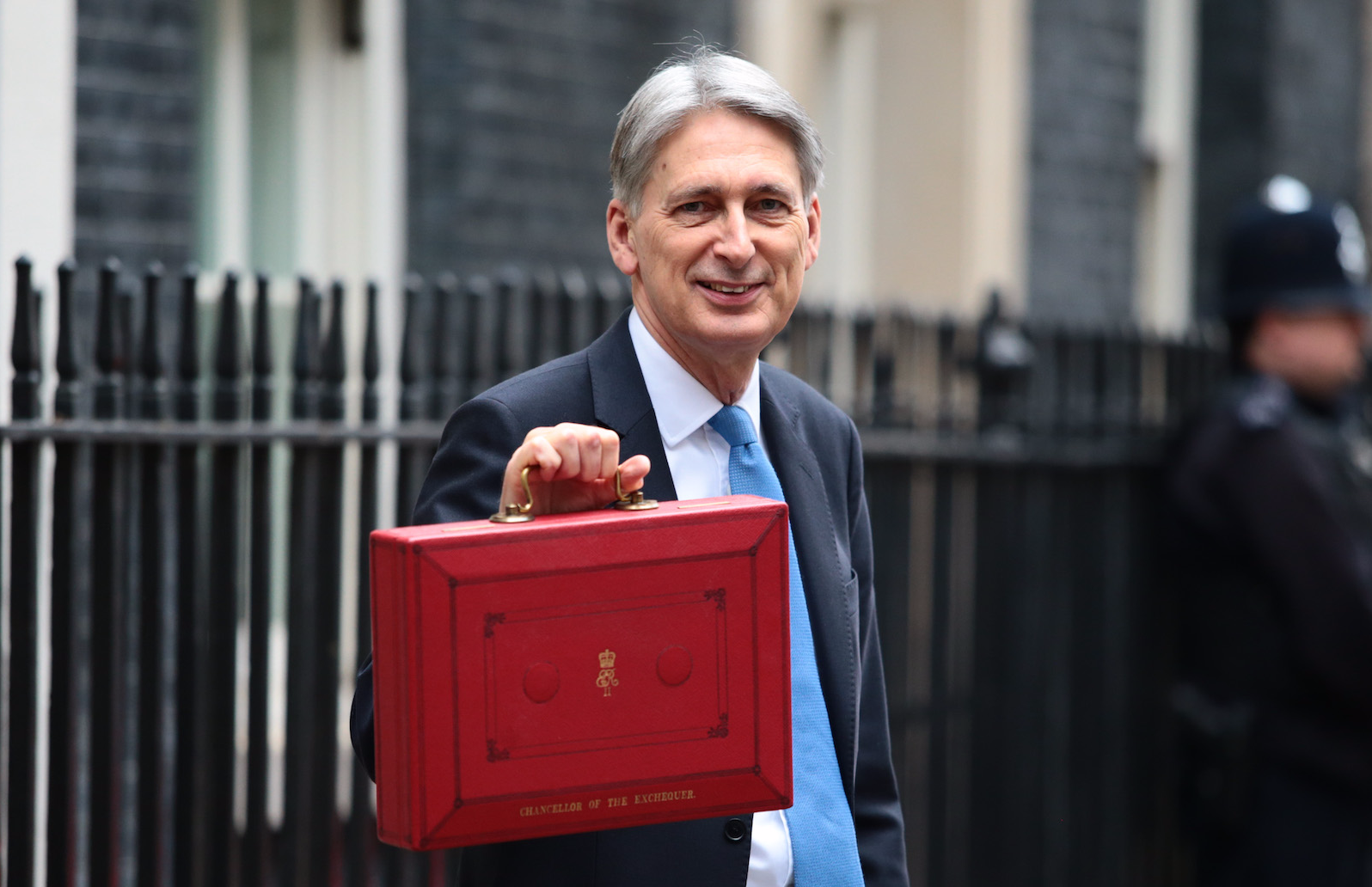Last week, we saw the Chancellor of the Exchequer, Philip Hammond, deliver the annual budget. The defining moment of this year’s budget was Hammond’s bold declaration that “the era of austerity is finally coming to an end.” So, is he telling the truth? Moreover, has austerity worked? The answers, of course, are ‘no’ and ‘absolutely not’. Liberties have been taken by our politicians and journalists when it comes to use of the term ‘austerity’. For the sake of brevity, it should be taken to mean a collection of economic policies whose primary purpose is the reduction of public expenditure. The question of whether this particular economic epoch has come to an end is largely a matter of perspective.
Take, for instance, the Metropolitan Police. Last year, their meagre pay rise – which is in fact not a rise at all once inflation is taken into account – was described as a “punch on the nose” by their chief. What’s the situation today? Some police forces are so underfunded that they are actually mounting a legal challenge against the government, whilst the Met have started selling ‘Scotland Yard’ brand merchandise to fill the gaping holes in their budget. For this public service, austerity continues.
With regards to schools, those who watched the budget may recall Hammond promising £400m for ‘little extras’, a truly derisory amount for a sector that had a budget of £69,288m in 2016/17. It’s worth bearing in mind that teachers and parents have been brought together by their outrage over the existing budget. Children are turning away from creative subjects due to a lack of equipment, whilst teachers are having to provide stationery themselves. Spending per pupil has been in steady decline for years now – to herald £400m as an end to austerity is an insult to us all.

Enough about spending though. Austerity is more than just spending cuts and should entail the raising of taxes too. In this sense, at least, we’ve seen something vaguely resembling the end of austerity. In true Tory fashion, it benefits the rich more than anyone else. Tax changes mean those earning between £12,500 and £50,000 will pay £155 less, whilst those earning between £50,000 and £100,000 are going to be £566 richer. Spectacular. We could play this game all day. The takeaway point is that austerity definitively has not ended. To an extent, this is understandable. As it stands, Hammond likely has no more of an idea than we do about the nature of Britain’s future relationship with the EU. A series of one-off payments instead of a commitment to long-term spending is a somewhat defensible position. What isn’t defensible, though, is the audacity with which the Chancellor of the Exchequer stood up to proclaim the end of austerity whilst demonstrably committing to no such thing.
Austerity is still ongoing. Worse, even if the savage cuts inflicted on the public realm were unequivocally ended tomorrow, there are eight years that must be reversed. This is evidenced everywhere. From the crises in our NHS to the 1.2 million people reliant on food banks or the unprecedented rise in rates of homelessness, Tory recklessness with our economy and standards of living requires more than an end to cuts. Ending austerity, at this point, requires a radical restructuring of our economy so that it serves the needs of all citizens. The Tories, no matter who replaces Theresa May, have shown themselves throughout history to be uniquely incapable of achieving that goal. Hammond cannot change that with a lacklustre budget.
Charley Weldrick
(Cover Photo by Jack Taylor, Getty Images)

